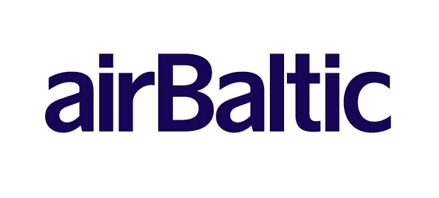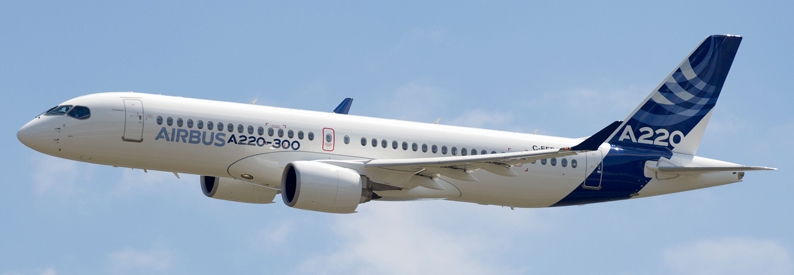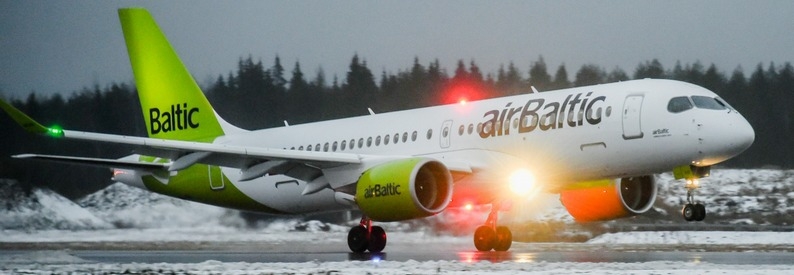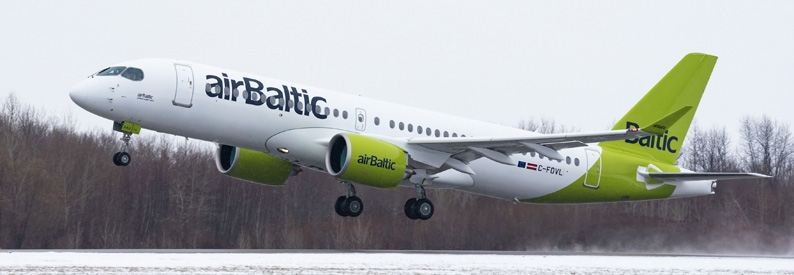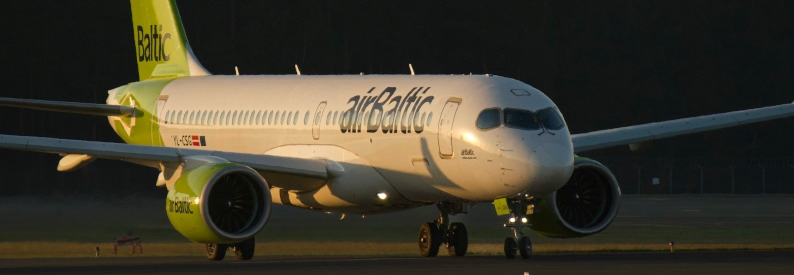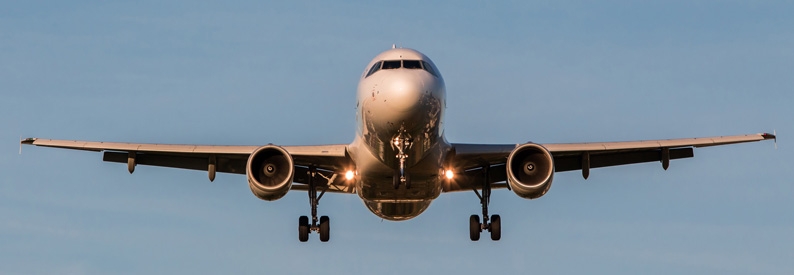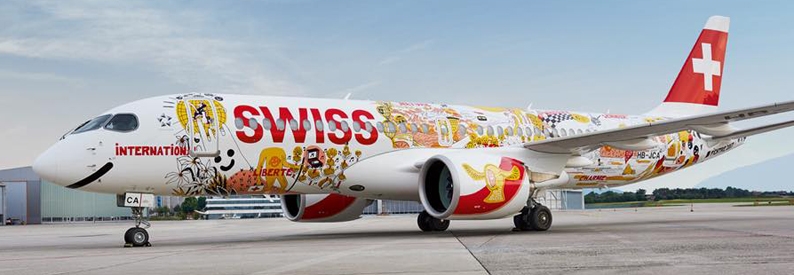airBaltic (BT, Riga) has signed a memorandum of understanding with Fokker Next Gen (Amsterdam Schiphol) to contribute to the development of hydrogen-powered commercial aircraft that the Latvian national carrier could potentially deploy on its route network in the future.
As part of the agreement, airBaltic will share its knowledge and insight with the Dutch-based Fokker Next Gen, which is developing a 120-to-150-seater narrowbody powered by liquid hydrogen combustion and with a range of up to 2,500 kilometres. The aircraft will be designed with a dual fuel tank system so it can fly on sustainable aircraft fuel (SAF) or kerosene when hydrogen is unavailable. Entry into service is planned for 2035, according to a joint statement.
airBaltic will provide end-user feedback on the design and evaluate the potential of the aircraft for its operations. Along with the rest of the airline industry, the carrier has committed to reaching carbon neutrality by 2050.
President and CEO Martin Gauss said that "we are committed to the industry-wide decarbonisation initiatives. However, we also do understand that the aviation industry needs a joint effort in new technology developments in order to achieve its long-term commitments."
The airline's engagement is crucial, said Fokker Next Gen CEO Juriaan Kellermann, adding: "Our joint effort not only propels forward innovative aircraft design, informed by direct-user feedback, but also boosts the Dutch and Latvian economies."
airBaltic operates a fleet of forty-seven A220-300s with 33 more to be delivered. It also wet-leases in two A319-100 from Carpatair (V3, Timisoara), ch-aviation fleets data shows.
